Hospice Music Therapy In Concord City, California
Individuals who are nearing the end of their lives may feel confused, irrelevant, or out of touch with the rest of the world. In the elderly, dementia, Alzheimer’s disease and other mental illnesses are common and they frequently rob them of their memories. It is possible to handle this in a remarkable way with music therapy. It has frequently been shown to be beneficial in assisting patients in recovering memories that had previously been considered to be lost. Results are positive and stunning when Music Therapy is incorporated into a compassionate hospice care program.
What is Music Therapy?

As the name implies, this is a type of therapy that uses music to assist patients in improving their overall well-being. It should be noted that this is not limited to simply listening to music. Instead, patients will engage in a variety of activities that are related to it, such as the following:
- Performing with musical instruments
- Singing
- Dancing
- Writing songs
- Participating in music debates
These activities allow the patient to redirect their mind on more positive things as a result of their participation. This can then assist them in greatly improving their overall well-being.
Music Therapy is well-known for its ability to alleviate pain and suffering throughout the weeks, hours and minutes leading up to the end of a person’s existence.
The Benefits of Music Therapy
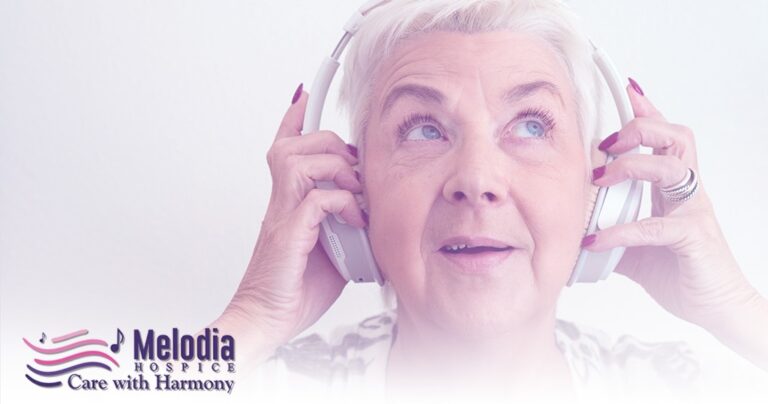
Music therapy in hospice and palliative care has been shown to reduce pain, fatigue and anxiety while also improving a person’s mood, spirituality and overall quality of life according to researchers at the National Institutes of Health who examined the findings of 11 independent empirical studies. The importance of this becomes even more apparent when people approach their final weeks, hours and moments of life.
Musical therapies may include collaborative composition with the patient as well as singing songs that are known to the patient. Many hospice patients, both inpatient and at-home, thrive when given the opportunity to write a song to be left for their loved ones. In reality, Melodia Care Hospice reports that their actions have resulted in a significant improvement in the health of their patients. Some patients are only able to smile, laugh or otherwise interact with their environment when they are participating in a heart-opening music therapy session.
The act of simply listening to music has been proved to have a wide range of health advantages on its own. These advantages include everything from physical to mental and emotional well-being. These advantages can be gained by engaging in the music-creation process, as well, as a result of this.
Stress Reduction

Making and listening to music can both assist to relax your thoughts and reduce your tension. You will also notice a substantial improvement in your mood. All of these things contribute to lowering the amount of stress that you are under and enhancing your overall health and wellness.
Better Heart Health

It is common desire when you are listening to music to move your body in time with it. This activity has been shown to be beneficial to heart health. It will, in particular, assist you in altering your respiration, heart rate and blood pressure levels. If you listen to the correct music, you can keep all of these factors within acceptable limits.
It Helps Manage Pain

People who are suffering from medical illnesses frequently have to endure tremendous discomfort. Music can assist them in diverting their attention away from the pain and alleviating the agony that they are experiencing. What’s even better about this is that it has the potential to increase the effectiveness of the medication as well. The approach can be used in both inpatient and outpatient settings, depending on the patient’s needs.
Improves Memory And Cognition
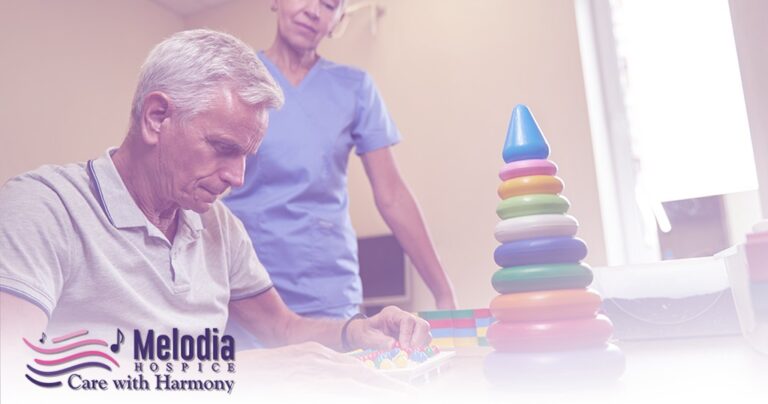
Senior Citizens frequently battle with memory and cognition problems on a daily basis. Even though there is no cure for Alzheimer’s disease, music can assist people refresh their memory. This also has the added benefit of improving cognition. These enhancements help to alleviate the symptoms of mental illnesses such as Alzheimer’s and dementia.
How Music Therapy Is Done?
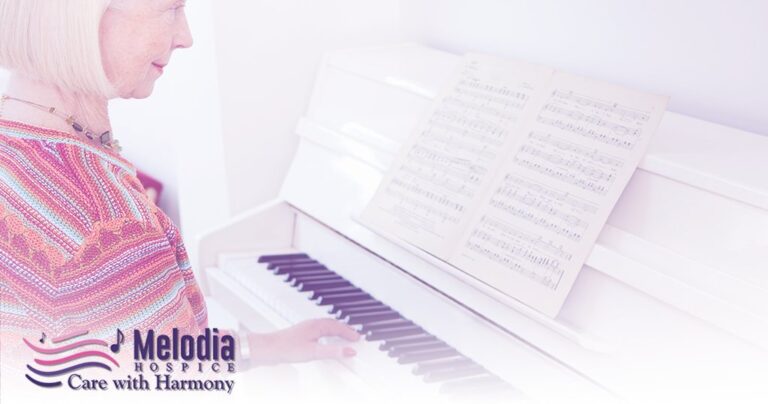
Music therapy is available in a number of different formats. Each will be appropriate for those who are suffering from a specific ailment. Those who are bedridden, for example, can choose for passive therapy, which involves just listening to music. Patients who prefer a more active type of therapy will benefit from sessions that are more involved in nature.
Analytic Music Therapy
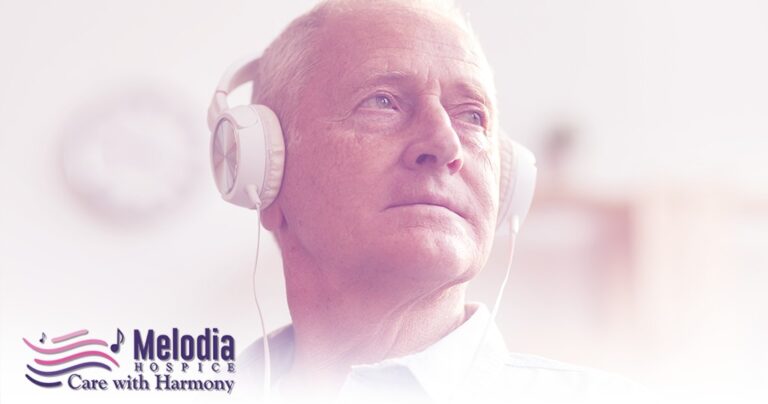
If you are participating in this sort of treatment, you will be encouraged to express yourself by singing or playing an instrument. You are free to present things in whatever way you see fit in this section. The therapist will next guide you through the process of reflecting on and discussing these thoughts.
Neurologic Music Therapy
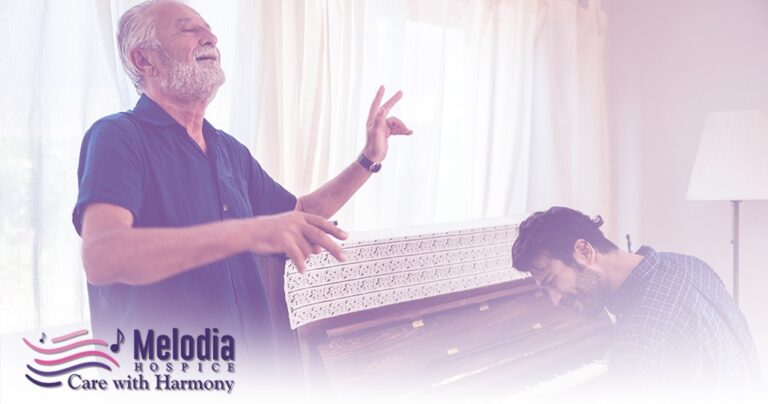
Nordoff-Robbins Therapy

Bonny Method
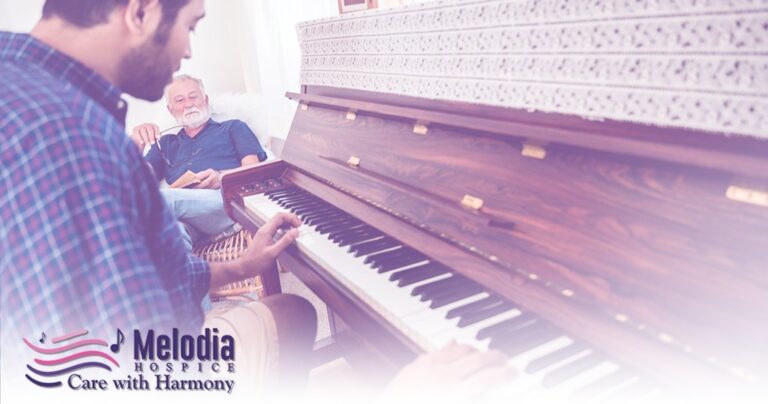
Community Music Therapy

What To Expect During Your Music Therapy Session?

Music Therapy And Other Methods

Music Therapy Is Valuable For Patients And Their Families

Many patients find that listening to music, particularly songs from their youth, helps them recollect and share memories with friends and family members. Residents who get music therapy at home, may see a considerable reduction in their stress levels. Anguish can be eased by witnessing a loved one smiling, laughing and singing along with a music therapist during what would otherwise be a difficult time.
Therapeutic recreation and music therapy programs, such as those provided at Melodia Care, are specifically designed to provide persons facing the end of life with a sense of accomplishment and purpose. Taking part in drawing workshops, gaming nights, horticultural courses and pottery sessions can help patients who may not otherwise feel involved and relevant to their treatment find a new focus.
Brighten Your Day With Music Therapy
While not all hospice care facilities offer in-house music therapy, they will be able to put you in touch with third-party professionals that can help you. And you certainly wouldn’t want to miss out on such an excellent chance. Allow the music to uplift you and assist you in improving your overall well-being. Melodia Care Hospice has a number of service options available. Call 1-888 635-6347 (MELODI-7) if you require additional information.
